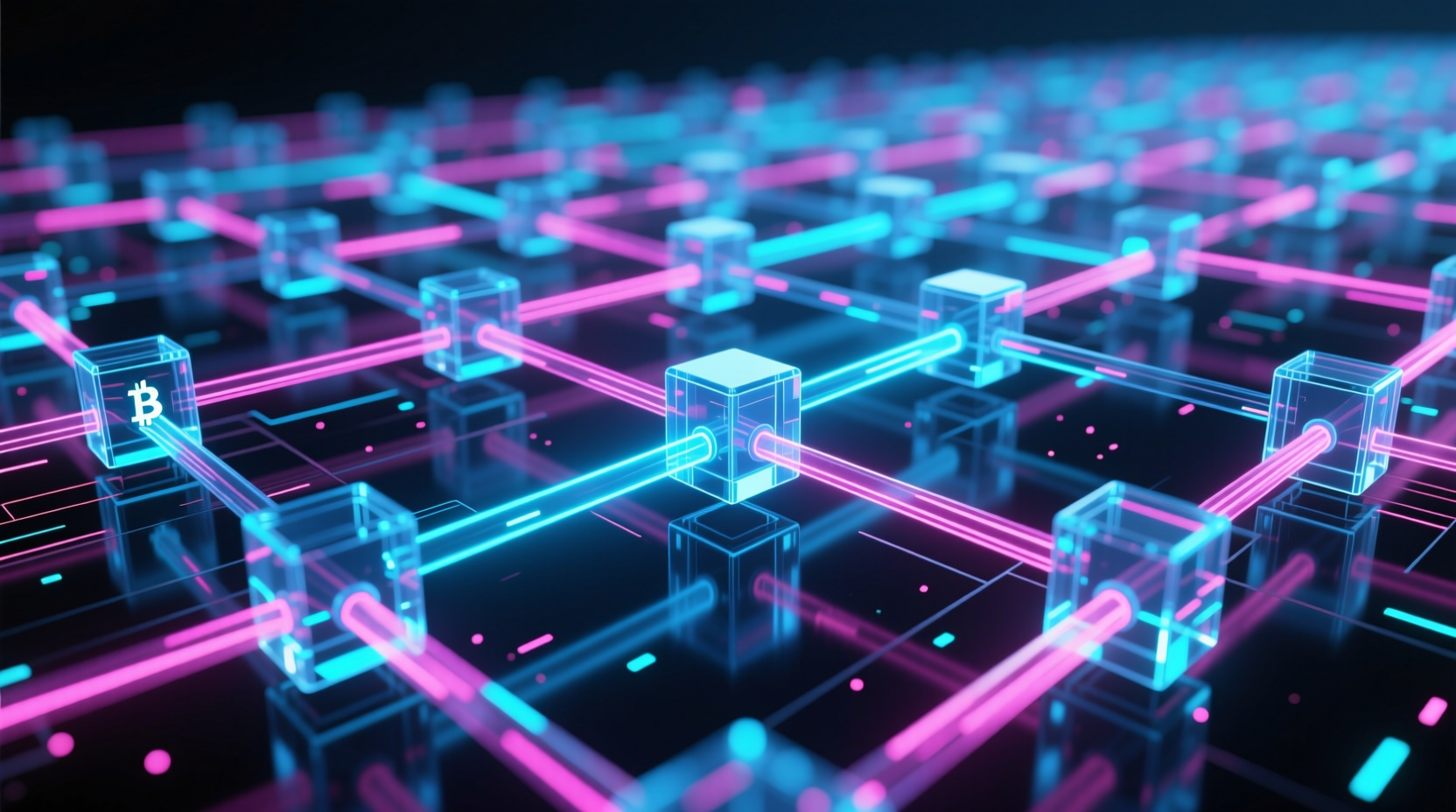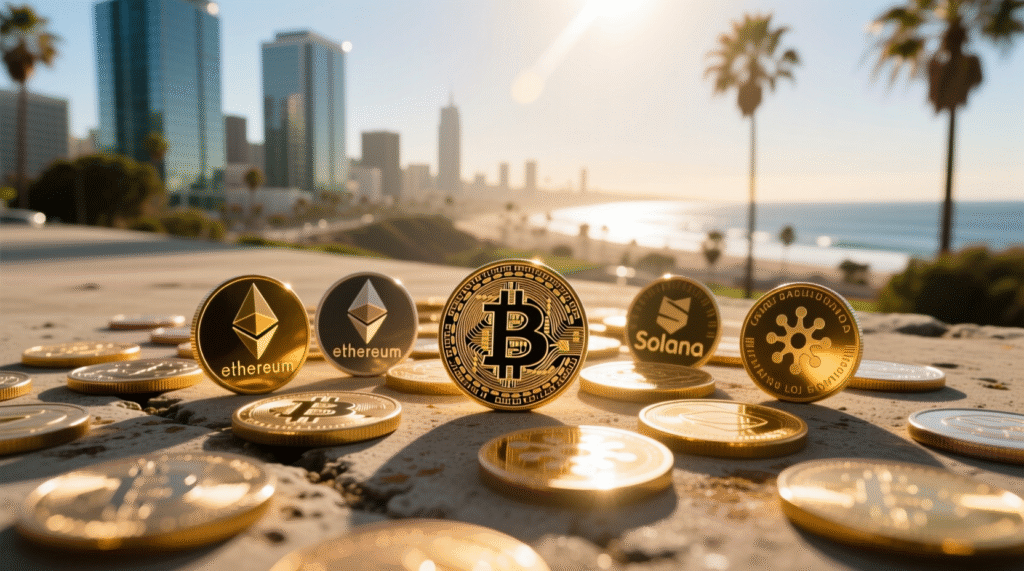Once upon a time, trust was simple, you handed your money to a bank, your data to a company, and your faith to whatever logo promised “security.” But that world’s cracking. In an era of hacks, scandals, and fine print, people are rethinking who (or what) deserves their trust. Enter decentralization: not just a buzzword for crypto fans, but a whole new mindset about power and accountability.
Key points:
- Decentralization redefines trust by shifting faith from institutions and people to transparent, rule-based systems powered by code that anyone can verify.
- Code feels safer because it’s impartial, predictable, and consistent, offering psychological comfort in a world where human decisions can be biased or unpredictable.
- True balance lies between code and humanity, where logic ensures fairness but human judgment and empathy keep trust alive and adaptable.
It’s the idea that maybe code, transparent, rule-based, and emotion-free, can handle trust better than humans ever did. It’s less about ditching people entirely, and more about rewriting what trust means in a digital age where the rules themselves can be the referee.
From Banks to Blockchains: How Trust Broke Down
It didn’t happen overnight, but somewhere between the 2008 financial crisis, the data leaks, and the fine print nobody reads, the spell broke. People started realizing that “too big to fail” really meant “too big to care.” Centralized systems, banks, governments, and even social platforms, began showing cracks in their polished promises. Money vanished, privacy eroded, and algorithms quietly decided what we should think, buy, or believe.
Out of that mess came a quiet rebellion: what if trust didn’t have to rely on middlemen at all? What if we сould build systems that didn’t ask for faith, but proved themselves through code? That’s where decentralization started to shine. Instead of a single gatekeeper controlling everything, blockchain introduced the idea of “trustless” systems, where transparency replaces blind belief. You don’t need to hope someone’s honest when every transaction, rule, and record lives out in the opеn for anyone to verify. It’s not about trusting no one; it’s about trusting everyone through math.
The Appeal of Code: Why It Feels Safer
There’s something oddly comforting about code. It doesn’t gossip, it doesn’t panic, and it doesn’t wake up one day and decide to change the rules. Code just… runs. That’s part of the magic behind why decentralization feels safer to so many people. When decisions are written into transparent, open-source systems, there’s no need to wonder who’s pulling the strings or what’s happening behind the curtain.
Humans can be unpredictable, emotional, even corruptible. Code, on the other hand, follows logic like it’s gospel. If the rule says “X happens when Y occurs,” that’s exactly what hapрens, every single time.
Related: Kusama Reveals Details Of New AI Product in Recent Livestream
Here’s why people find that so appealing:
- Impartial rules: Code doesn’t play favorites or bend under pressure.
- Transparency: Anyone can inspect the system and verify what’s true.
- Consistency: Once written, the logic applies to everyone equally.
- Psychological comfort: Knowing no single person can change the rules helps people feel secure.
In a world full of shifting policies and unpredictable decisions, there’s something reassuring about trusting a system that can’t lie, cheat, or change its mind overnight.
Decentralizаtion as a Mindset
At its core, decentralization isn’t just a tech upgrade, it’s a mindset. It’s the quiet thrill of taking back control from the middlemen who’ve been calling the shots for decades. When people talk about blockchain or decentralized finance (DeFi), what they’re often really chasing is that feeling of independence.
It’s about fairness too. In a decentralized system, everyone has equal access to the same tools and opportunities. There’s no VIP line, no banker deciding who gets approved, no company selling your data behind your back. It’s a world built on participation, not permission.
And then there’s freedom, the kind that comes from knowing your money, identity, or creative work truly belongs to you. Whether it’s storing crypto in your own wallet or minting digital art on a blockchain, decentralization taps into something deeply emotional: the satisfaction of being in control.
The Catch: When Code Fails or People Cheat the System
Even the most brilliant code can break. Decentralization promises fairness and autonomy, but bugs, glitches, and exploits are part of the deal. A single coding error can freeze assets, while hackers are constantly finding creative ways to gamе the system. It’s a reminder that “trustless” doesn’t always mean risk-free.
Related: Shiba Inu Secures Victory on CoinGecko with New Page Update
The Human Factor
Behind every decentralized network are real people, developers, validators, and users, each with their own biases and blind spots. Code might follow logic, but people don’t always. That means even the best systems can reflect human error or manipulation hidden deep in the code.
Why Trust Still Matters
Decentralization changes how we trust, not whether we trust. Instead of placing faith in banks or governments, we trust open-source code, audits, and community governance. But human judgment remains essential to catch flaws, make updates, and ensure fairness.
Code might automate trust, but people still hold the keys to keeping that trust alive.
Balancing Code and Humanity
In the end, decentralization isn’t about rejecting trust but redefining it. Instead of putting faith in institutions or individuals, we’re learning to trust open systems built on logic, transparency, and code. It’s a shift from believing in promises to believing in proof.
Still, code alone can’t replace human judgmеnt or empathy. The future of trust likely lives somewhere between math and emotion, a balance where code keeps things fair and transparent while people bring values, creativity, and hеart. Decentralization isn’t the end of trust, it’s its evolution.












